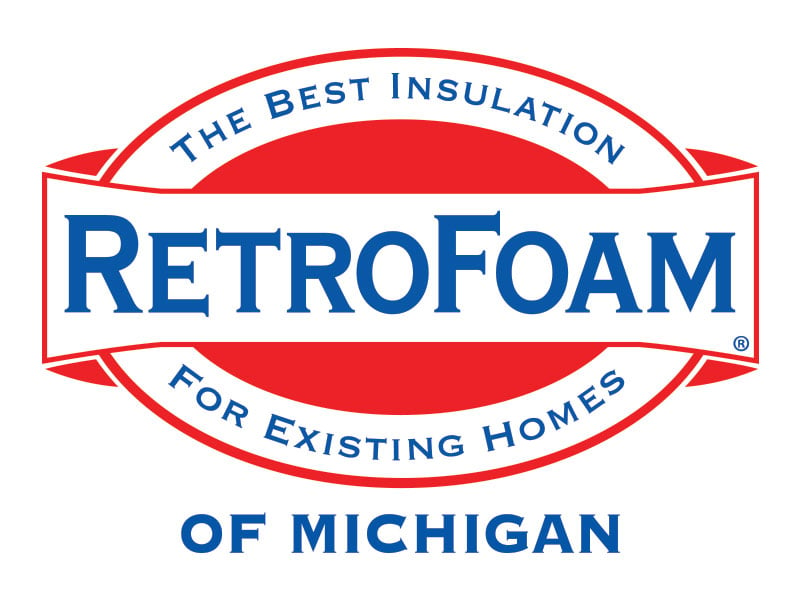Federal Tax Credit Michigan Homeowners Counted On is Ending Early


UPDATE: This federal tax credit ended on December 31, 2025.
When the federal government passed the Inflation Reduction Act, many Michigan homeowners were excited about the new Energy Efficient Home Improvement Credit.
It offered a meaningful incentive – 30 percent back on materials like insulation and air sealing – and was supposed to last through 2032.
But that has changed.
As a result of the newly passed One Big Beautiful Bill Act, this tax credit is now scheduled to expire on December 31, 2025, a full seven years earlier than expected.
For homeowners who planned to upgrade their insulation “someday,” that someday just got a tighter deadline.
What Changed?
The Energy Efficient Home Improvement Credit (Section 25C) was part of a broader push to help homeowners make energy-efficient upgrades.
Here were the perks as it pertained to insulation:
- A 30 percent tax credit on qualifying insulation and air sealing materials
- A $1,200 yearly cap
- Incentives for improvements to existing primary residences
Initially, homeowners had until 2032 to take advantage of the credit, which was plenty of time to plan.
But the One Big Beautiful Bill Act, passed in 2025, rolled back several Inflation Reduction Act incentives, including this one. Unless future legislation brings it back, the credit ends at the close of 2025.
Why This Matters in Michigan
Let’s be honest – Michigan homes take a beating from extreme temperatures.
Between icy winters and humid summers, insulation is one of the best investments you can make to stay comfortable and reduce energy bills.
At RetroFoam of Michigan, the average full-home insulation project ranges from $8,300 to $21,700, depending on how much of the home is being insulated. Since foam insulation also creates a continuous air seal, homeowners are eligible for the full $1,200 tax credit.
And now that this credit has a hard end date, we’re encouraging homeowners to move their timelines up if they’ve been considering it.
What Michigan Homeowners Should Do Next
We’re not trying to pressure anyone, but we do want to make sure no one misses out.
Here’s what you can do now.
- Get a consultation now so you know your costs and credit eligibility
- Plan your installation before the 2025 deadline
- Save your receipts and documentation for tax season
- Ask how your project qualifies for air sealing benefits, too
The closer we get to the end of 2025, the tighter contractor schedules will become. Acting early gives you more flexibility and locks in the credit while it’s still available. The opportunity to save money and increase comfort is here now, but won’t last much longer.
To schedule your free consultation or to learn more, give us a call at 866-900-3626, or just fill out the form on our website.
Key Points:
- The Energy Efficient Home Improvement Credit is ending in 2025, not 2032 as originally planned.
- Michigan homeowners can still get 30 percent back on insulation and air sealing materials as part of the tax credit, up to $1,200.
- RetroFoam insulation qualifies and may allow homeowners to claim the full credit.
- Insulating your home improves comfort, reduces bills, and protects you from rising energy costs.
Related Articles
Inflation Reduction Act Offers Insulation Tax Credit for Michiganders
Types of Energy-Efficient Tax Credits and Insulation Rebates in Michigan
How to Lower Insulation Cost with Energy Efficiency Rebates and Tax Credit
About Amanda Emery
Amanda previously has worked as a breaking news and crime reporter, TV news producer, and editor in Flint and Detroit. Throughout her career as a journalist, she has won several awards from The Society of Professional Journalists - Detroit Chapter and the Michigan Press Association. As part of the RetroFoam of Michigan family, Amanda uses her experience as a journalist to write content that will help educate homeowners on the benefits of foam insulation. When Amanda isn’t writing, she’s spending time with her husband and rescued huskies. She also loves knitting, making art, cooking, and hosting dinner and a movie night for friends and family.


